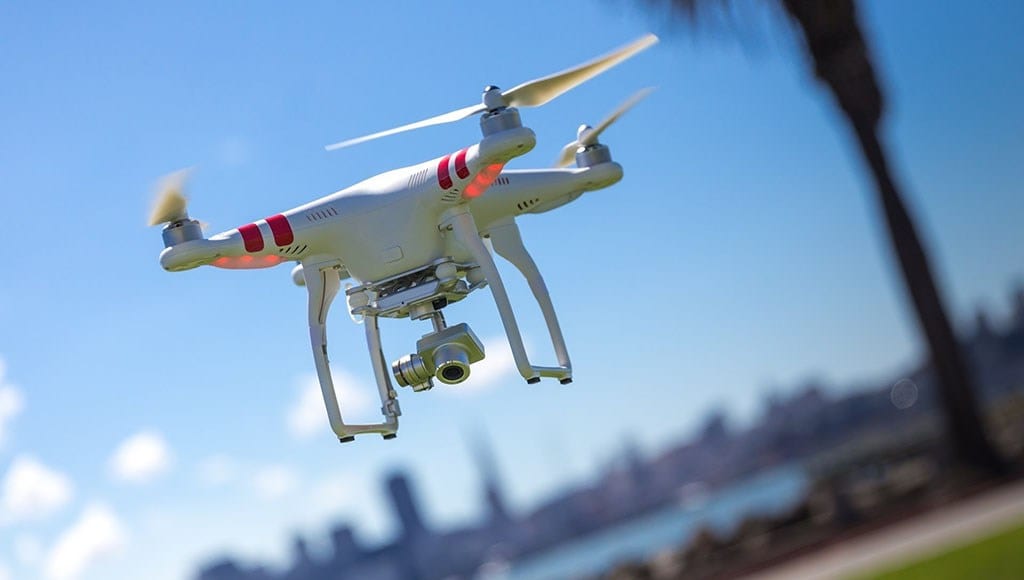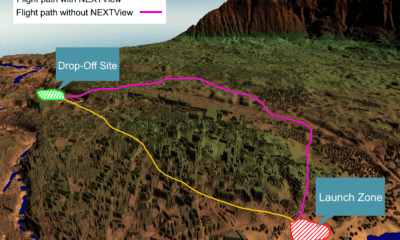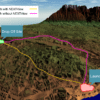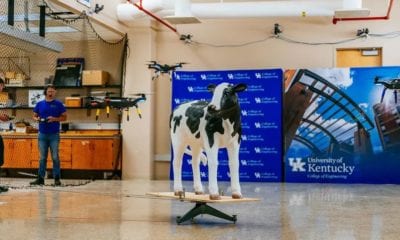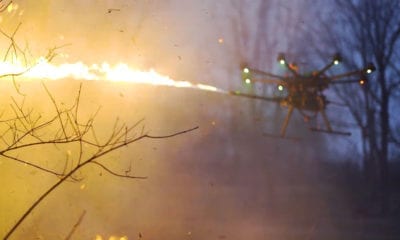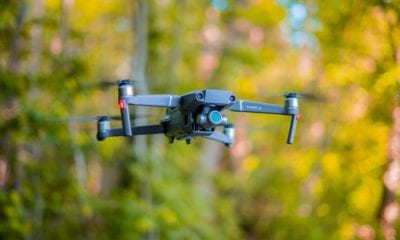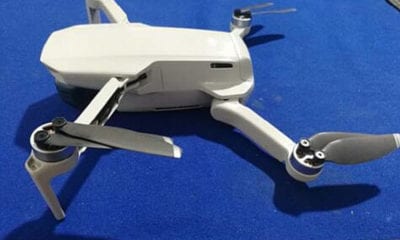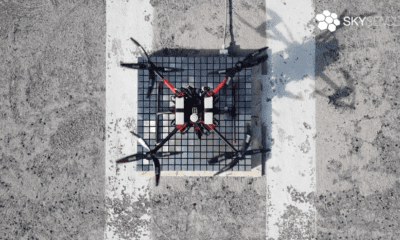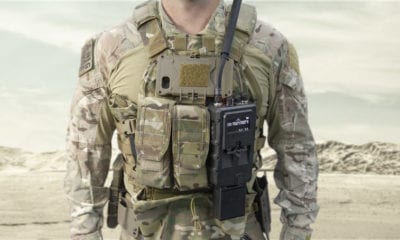News
Uber Denies Claim They Want to Fly Drones in Kenya
Business Daily Africa reported this week that Facebook and Uber requested permission from the Civil Aviation Authority in Kenya (KCAA) to test and operate drones in the country.
According to the newspaper, the two tech behemoths apparently expressed strong interest to the KCAA, which might not be surprising given that KCAA announced a change in drone regulations late last year.
The KCAA 2017 RPAS Regulations states that Kenyans are allowed to operate drones for sports, private activities and commercial purposes, but the applicant is obliged to demonstrate general knowledge, flight performance and navigation skills in order to be allowed to acquire a drone.
For Uber, it was supposed that this would probably involve testing passenger drones intended to serve as flying taxis, whereas Facebook’s aims were unclear other than their reported ‘internet-spreading drones’. The Director General of KCAA, Gilbert Kibe supposedly confirmed that Uber’s interests revolve around further testing of the flying taxi project and that Facebook hadn’t yet elucidated its goals.
His statement this week that “Facebook and Uber have requested if we can allow them to test their projects in the country,” while scant on detail, appeared to confirm that two of the biggest US tech companies are keen on using Kenya as a testing ground for their current and future projects.
However, Uber has now refuted the claim, it has been reported by Bloomberg.
“We have no plans to introduce drones,” Samantha Allenberg, spokeswoman for Uber Africa, said by phone.
This refutation raised questions about the validity of Kibe’s statement, and he was approached for comment.
“They have not made a formal request,” he said regarding Uber’s denial. “They asked if it was something we would consider. It was not a formal conversation.”
Should the tech giants make their requests formal, they must, however, follow the regulations regarding their use.
In a statement last year, the Director said anyone wishing to import, own or operate an UAV in Kenya, must apply to the Kenya Civil Aviation Authority using the prescribed form and pay the requisite fee.
Mr Kibe stated that anyone owning, operating, manufacturing, assembling or testing an UAV without authorisation from the KCAA, would be committing an offence.
Operators in Kenya need to be aware that the assembly or manufacture of drones without clearance by the KCAA attracts a hefty penalty of nearly USD$20,000 or six-months’ imprisonment and an equally severe punishment is imposed on anyone who operates drones with military specifications.
Those who had already imported drones before the commencement of the regulations published on October 6 had six months to apply for registration, NTV Kenya previously reported.
Also Kibe says the KCAA may grant permission and a temporary permit upon application, to a person intending to operate a drone not registered in Kenya for a period of 30 days which can be renewed once. It should be noted however that these regulations do not apply to State aircraft, unmanned free balloons (hot-air balloons), airships and toys.
Kibe said, “No toy shall be operated within an aerodrome and not less than 500 metres from the aerodrome boundaries, in and around strategic installations, radar sites, high-tension cables and communication masts, prisons, police stations, courts of law and scenes of crime”.
It is doubtful however that either Facebook or Uber would be deploying toy drones if they were to apply for permits. While Facebook is currently in turmoil over a scandal involving Cambridge Analytica, Uber have called off testing for driverless cars after one of their vehicles killed a woman in Arizona last week.
Should KCAA grant these two companies permission to use Kenya as a UAV testing ground, it would make Kenya the third country on the African continent, along with Rwanda and South Africa, to have an established, legal framework regarding drone testing.

